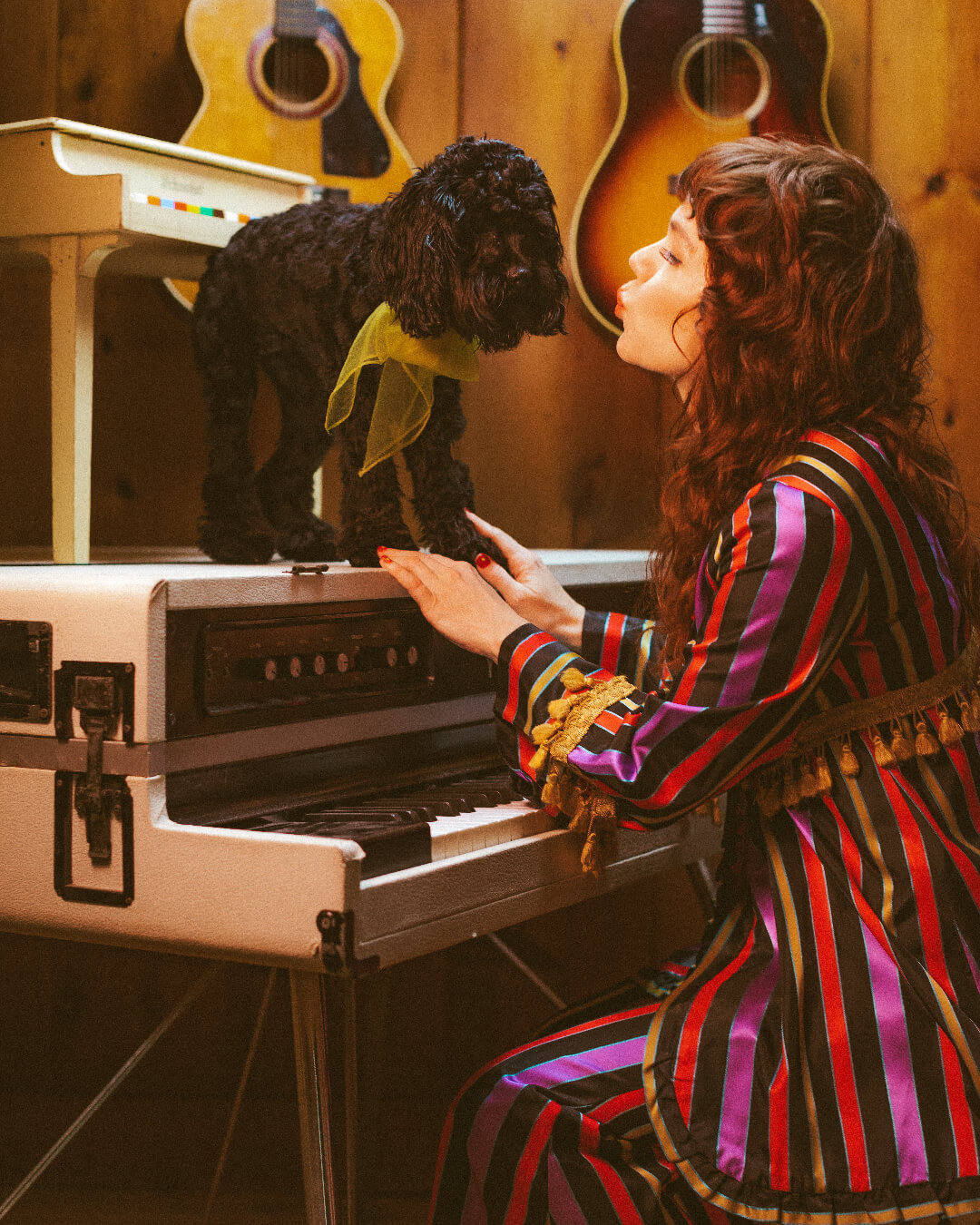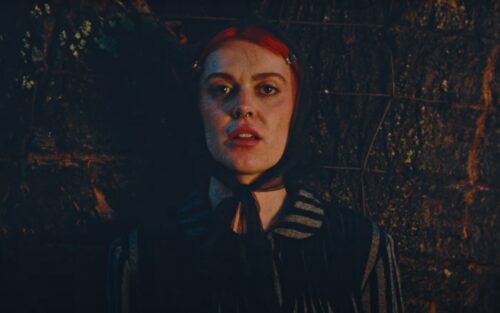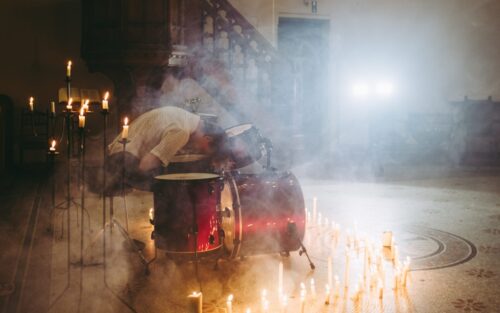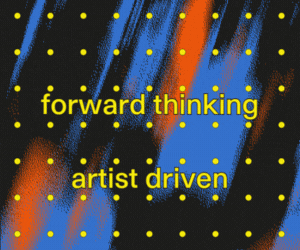Jenny Lewis is a Beacon of Joy
The always cool indie music queen on the serendipitous making of her new record, Joy’All
By Laura Stanley
Photo by Bobbi Rich
- Published on
Jenny Lewis has been an indie music queen for more than 20 years. Between her band Rilo Kiley and her involvement with The Postal Service, for many millennials Lewis was there to help you through tough times in the early ‘00s. Over the last 15 years or so, Lewis’ comforting presence has been a constant thanks to her four solo albums and a handful of other releases from collaborative projects. Recently a new generation of fans were introduced to Lewis’ sharp wit and ultra-catchy, pop-leaning songs when she opened a handful of dates for Harry Styles in 2021, an experience that she succinctly describes as “pretty weird and awesome.”
Joy’All, Lewis’ fifth solo record, is further proof that her coolness and relatability is perennial. A lot of the record is breezy pop-rock, she dips into cosmic-country, and cites the storytelling lyricism of Tracy Chapman’s “Fast Car” as a driving force behind the record’s sound. Lewis is a beacon of joy when speaking to RANGE over Zoom. She is sitting on the floor of her Los Angeles home and is practically giddy over a realization she had recently: Joy’All comes out on 6/9 (June 9th). It’s a nice date, to be sure but Lewis also notes that the number 69 mirrors the yin and yang, a symbol that she references on the album. This release date was completely unplanned but as Lewis says, kismet is a staple of Joy’All: “That is the story of the record – this serendipity.”
During pandemic lockdowns, Lewis was by herself and not particularly inspired to start working on the follow-up to her 2019 record On The Line. “I didn’t feel that whatever art I was going to make in that moment was going to be of service to the moment,” she notes. Instead, Lewis found community and connection on Instagram Live. She told stories, baked cookies, and drank Modelos. Eventually she started to play cover songs and share some new tracks that she was working on.

In the fall of 2021, Beck invited Lewis to join a virtual songwriting workshop he was hosting. She chickened-out when he asked her to participate at the beginning of the pandemic. “I can’t even do anything but watch the news all day long. I’m, like, sanitizing my groceries on my front stoop!” Lewis reflects on those rough early lockdown days. But she accepted Beck’s invitation the second time around. “I ended up just writing a bunch of songs because I was prompted to do so,” Lewis says about the week-long workshop. “And then I had a record – I wasn’t even trying to write a record.”
The fortuitousness of Joy’All continued when Lewis went to visit the pop band Lucius in Nashville. She met Dave Cobb, who was producing Lucius’ record, and later Lewis asked him to produce her new record. Joy’All emerged after a couple of weeks at RCA Studio A in Nashville with Cobb and his house band. Lewis had never worked with Cobb or his band before but the songs came together with ease.


“It was different from what I had experienced before but it was great and the band was great,” Lewis says. “They kind of make you feel like you’re at Muscle Shoals [Sound Studio] where they had a built in vibe or band. So you’re plugging into this thing that’s already well oiled. I loved it. I love working quickly and then taking a moment to reflect on the songs and then going back to them with new ideas.”
Perhaps the most striking evidence that luck was on Lewis’ side when making Joy’All is the story behind the album’s retro-inspired cover. “After I made the record, I was talking to my friend Mama Hot Dog, that’s her name, about shooting the album cover in my house in Nashville. I was looking at all these vintage Nashville album covers and [country musician] Skeeter Davis’ in particular,” Lewis explains. “We then go down to this vintage shop in East Nashville and there’s a costume hanging on the wall. It’s this gorgeous green and silver striped suit and on the tag it says, ‘belonged to Skeeter Davis.’ And it was exactly my size.”
But as much as the making of Joy’All was a joyous process, and given its title, there’s a surprising amount of misery on the album. Lewis sings of sleepless nights and wanting to undergo a memory erasing procedure. On the somber “Essence of Life,” Lewis sings, “The essence of life is suffering” and on the next track, the spacey “Giddy Up,” she admits, “I’m not terrified but I’m not not.”
About the gloomy moments on Joy’All, Lewis is still wresting with them and is quick to point out how she counterbalances the melancholy. “In “Essence of Life,” I sing, ‘the essence of life is suffering/the essence of life is ecstasy.’ Those are the two halves and through the suffering you become a better person,” Lewis says.
At 47, Lewis has arrived at a balanced place in her life. She understands what she needs to live a happy life which includes her biggest source of joy right now, her dog Bobby Rhubarb. As Lewis sings on the album’s title track: “find your groove, lead with your heart.”
“I lost my mind and then I found it again,” she explains. “I feel very joyful and grateful. It’s a weird time out there but I feel like I’ve slimmed down, you know? Trimmed the fat. Less bullshit. Less friends. Fewer plans.”
By Stephan Boissonneault
Nate Amos revisits a decade of stray ideas and turns them into his most compelling record yet.
By Khagan Aslanov
Mike Wallace’s electro-punk project premieres the hypnotic, percussion-driven video for "Certain Days."











